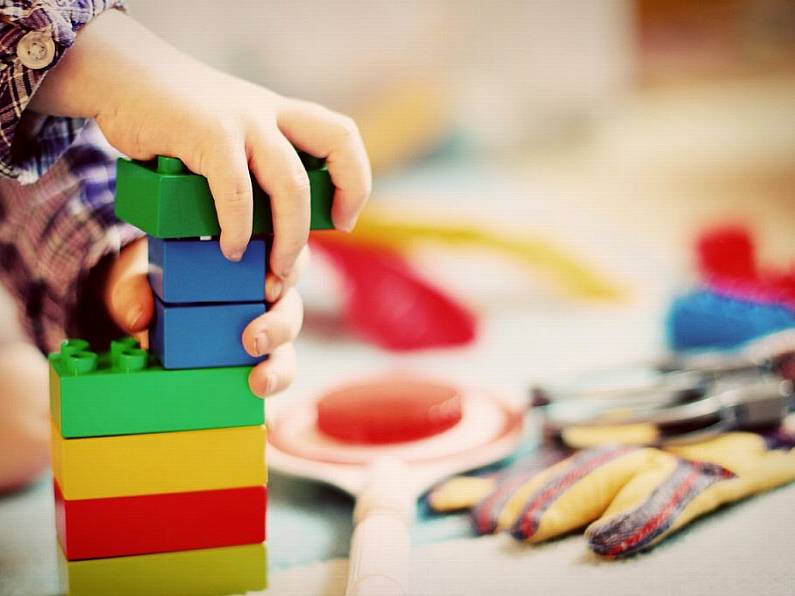A girl attending a creche affected by an E.coli outbreak had to undergo dialysis after a severe strain of the superbug caused kidney failure.
The child, less than a year old, has spent the last 10 days in Our Lady’s Children’s Hospital, Crumlin, where she has undergone two blood transfusions, a platelet transfusion, and surgery to allow dialysis.
The girl, who attends Kindercare Childcare in Ballincollig, Co Cork, has verocytotoxigenic escherichia coli, known as VTEC, a strain of E.coli that produces a powerful toxin and can cause severe illness.
“She was on her way to Crumlin by ambulance at 3am and had to have a blood transfusion on the way,” a family member said.
A family member contacted the Irish Examiner to highlight the child’s plight out of concern that people may not be fully aware of the seriousness of the illness.
"We are in shock. It’s been a nightmare for us,” the family member said."
The child was the first at the creche to be diagnosed with VTEC, which can cause a complication called haemolytic uraemic syndrome (HUS). This is where the red blood cells are destroyed and the kidneys fail. Unfortunately for this little girl, HUS is a complication.
The family member explained how they brought the girl to their GP, who thought a virus the likely diagnosis. However, he referred them to Cork University Hospital (CUH) the next day when there was no improvement in her condition.
They arrived at around 4pm and had her bloods done. When results came back that evening, the doctor outlined three possible scenarios: that she would remain in CUH for a week; that she would be hospitalised for longer with a possibility of kidney damage; or that she would require more specialist treatment requiring travel to Crumlin.
"She was on her way to Crumlin by ambulance at 3am and had to have a blood transfusion on the way,” the family member said. “If we had waited another day to bring her to the hospital, I don’t know what the outcome could have been."
The little girl is due to celebrate her first birthday on Friday and is showing signs of improvement. However, she is due to undergo further surgery today to remove the catheter used for peritoneal dialysis. Three lines inserted into her neck for bloods are also due to be removed during today’s procedure, which will be carried out under anaesthetic.
The family member said: “This outbreak could have killed our little girl.”
In a statement, the HSE said three children at the crèche have been notified with VTEC and that a multidisciplinary outbreak control team is investigating the outbreak.
"Creche management is co-operating fully,” it said."
The HSE said all children and staff are being requested to submit stool samples for laboratory testing.
The HSE described VTEC as “a potentially serious form of gastroenteritis that can cause diarrhoea which may be bloody, vomiting, nausea, and high temperature”, but said the majority of cases “get better with no treatment and without hospitalisation”.
“However, in about 10% of cases, VTEC causes a serious complication known as HUS. This can lead to anaemia and kidney failure and requires intensive medical treatment,” said the HSE.
Earlier this month, the HSE Health Protection Surveillance Centre urged the public to take extra care when handling and preparing food following an increase in the number of VTEC infections in recent weeks, as the hot weather provides the right conditions for bacteria such as VTEC to grow and multiply on foods.
There were 47 VTEC notifications in week 26, 2018, compared to between nine and 27 in the same week in the previous three years.
VTEC can spread following contact with infected animals or contaminated soil, or consumption of contaminated water or certain foods. It can also spread among toddlers who are not toilet-trained. The VTEC bug has to be swallowed before it can cause infection.
Careful hand washing is one of the most effective ways to prevent spread.






